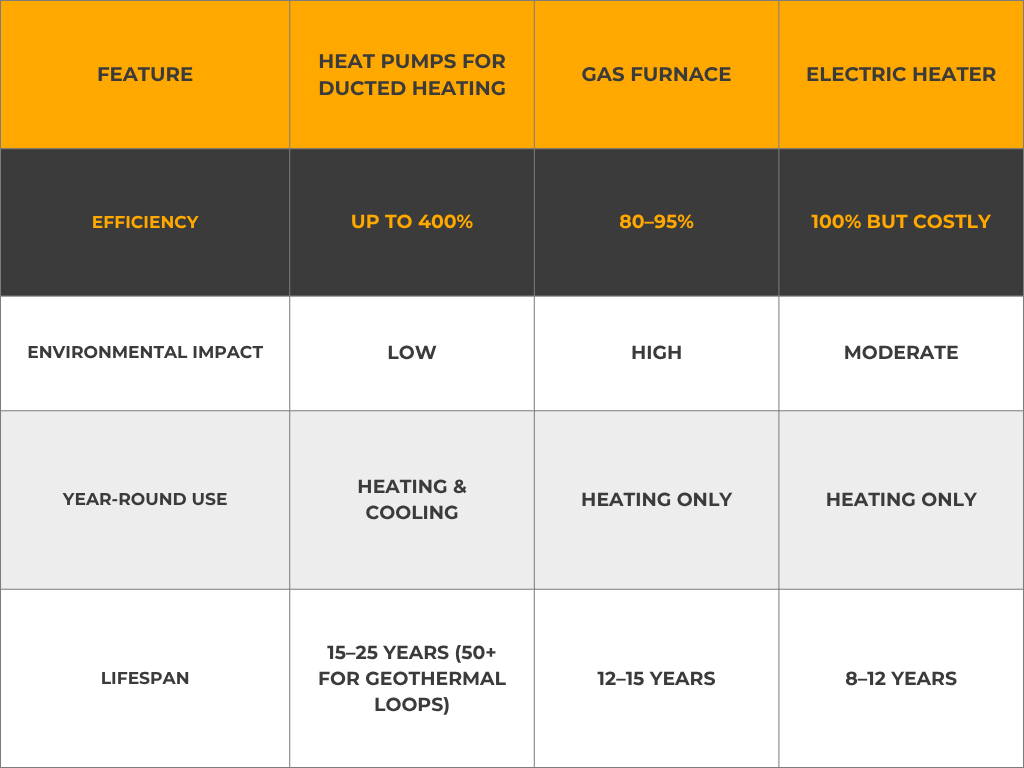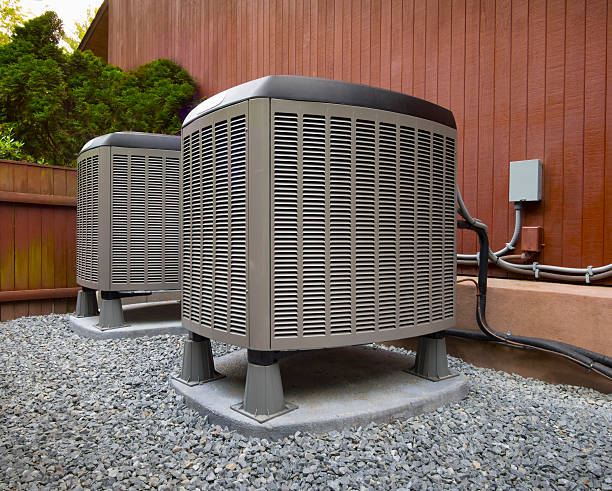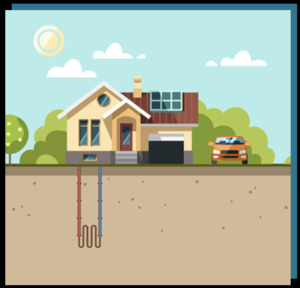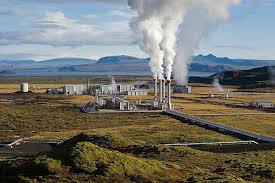Ducted systems are one of the most popular ways to keep homes comfortable, and in 2025, more people than ever are exploring heat pumps for ducted heating. Known for their energy efficiency, versatility, and ability to provide both heating and cooling, heat pumps have become the smart alternative to gas furnaces and electric resistance heaters.
But how do you know which heat pump is right for your ducted system? With so many models, features, and installation options, choosing wisely can feel overwhelming. This guide breaks it down, helping you understand how heat pumps for ducted heating work, what to look for, and why they’re one of the best investments for sustainable comfort.
What Are Heat Pumps for Ducted Heating?
A heat pump is a system that transfers heat rather than generating it. When combined with ducts, the system delivers conditioned air throughout the home, offering whole-house comfort.
- Winter: Extracts heat from the air or ground and moves it indoors.
- Summer: Reverses the process to provide cooling.
This makes heat pumps for ducted heating ideal for households that want seamless, year-round comfort with one efficient system.
Benefits of Using Heat Pumps for Ducted Heating
The advantages of choosing heat pumps for ducted heating include:
- Energy Efficiency: Up to 400% efficiency, delivering more energy than they consume.
- Year-Round Comfort: Heating in winter and cooling in summer.
- Consistent Distribution: Ducts ensure even air flow throughout your home.
- Eco-Friendly: Reduce reliance on fossil fuels and cut carbon emissions.
- Future-Proof: Meets the latest 2025 energy standards.
Compared to gas furnaces or oil boilers, ducted heating systems powered by heat pumps are cleaner, quieter, and more cost-effective.

Types of Heat Pumps for Ducted Heating
When selecting the right system, you’ll likely choose between these main types:
1. Air-Source Heat Pumps
- Extract heat from outdoor air.
- Lower upfront costs.
- Effective in mild to moderate climates.
2. Geothermal Heat Pumps
- Use ground or water sources for heat exchange.
- Higher efficiency and lifespan.
- Best for homeowners focused on long-term savings and sustainability.
👉 Learn more here: Geothermal Heating & Cooling
3. Hybrid Systems
- Combine a heat pump with a backup gas furnace.
- Useful in extremely cold climates.
Key Factors in Selecting Heat Pumps for Ducted Heating
When choosing the best heat pump for ducted heating, consider:
1. Sizing
Proper sizing ensures efficiency and comfort. An undersized unit won’t keep up, while an oversized one wastes energy.
2. Efficiency Ratings
Look for high SEER2 (cooling) and HSPF2 (heating) ratings. More efficient systems cost less to operate.
3. Ductwork Condition
Your existing ducts should be inspected for leaks, insulation, and proper airflow.
4. Climate
- Air-source units work best in moderate climates.
- Geothermal systems shine in both hot and cold conditions.
5. Noise Levels
Modern heat pumps for ducted heating run quietly, but some models are quieter than others — ideal for residential comfort.
6. Smart Technology
Advanced models integrate with smart thermostats and zoning systems for maximum control.
Cost of Heat Pumps for Ducted Heating in 2025
Prices vary depending on the system and installation complexity:
- Air-Source Heat Pumps: $7,000 – $12,000 (installed)
- Geothermal Heat Pumps: $18,000 – $30,000 (installed, before rebates)
Incentives such as federal tax credits and state rebates in 2025 can significantly lower costs.
Installation Process
Here’s what to expect when installing heat pumps for ducted heating:
- Home Assessment: Evaluate square footage, insulation, and ducts.
- System Selection: Choose air-source, geothermal, or hybrid.
- Duct Inspection: Seal and insulate as needed.
- Installation: Set up indoor unit, outdoor components, and connect to ducts.
- Final Testing: Ensure airflow and efficiency.
A professional installer ensures your system runs efficiently and reliably from day one.
Maintenance of Heat Pumps for Ducted Heating
Maintenance is simple and hassle-free:
- Replace air filters every 1–3 months.
- Keep outdoor units clear of debris.
- Schedule annual tune-ups.
- Monitor ducts for leaks.
Geothermal units require even less maintenance due to fewer moving parts, making them a top choice for hassle-free ducted heating.
Comparing Heat Pumps vs. Other Ducted Heating Systems

Clearly, heat pumps for ducted heating outperform traditional systems in cost, comfort, and sustainability.
Conclusion: The Smart Choice for Whole-Home Comfort
Choosing heat pumps for ducted heating is one of the smartest moves a homeowner can make in 2025. They offer unmatched energy efficiency, year-round comfort, and eco-friendly performance that traditional systems simply can’t match.
Whether you’re upgrading an old furnace or building a new home, heat pumps are the future of sustainable HVAC. With incentives, cutting-edge technology, and proven reliability, there’s no better time to invest.
👉 Take the next step today: Contact Envirotech Geothermal to find the perfect ducted heating solution for your home.
FAQs – Heat Pumps for Ducted Heating
1. Do heat pumps work with existing ducts?
Yes, as long as ducts are in good condition. Repairs or sealing may be needed.
2. Are geothermal systems worth the higher cost?
Yes. They deliver unmatched efficiency, lower operating costs, and longer lifespans.
3. Do heat pumps provide cooling as well?
Absolutely. Heat pumps reverse the cycle to provide air conditioning in summer.
4. How long do heat pumps last?
Air-source units last 15–20 years, geothermal up to 25 years (loops 50+).
5. Are rebates available in 2025?
Yes, federal tax credits and local programs can cut upfront costs significantly.



